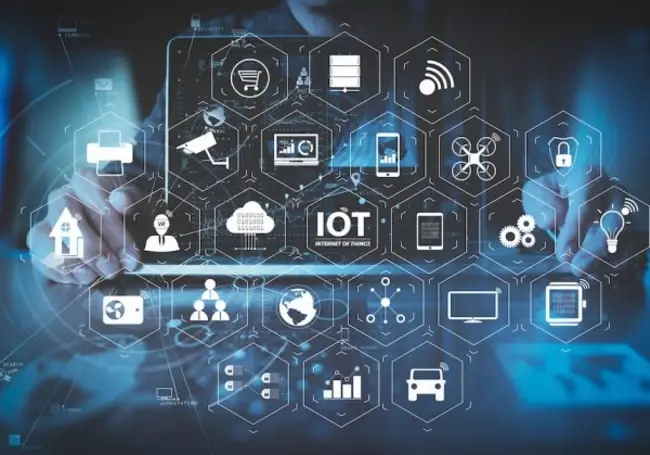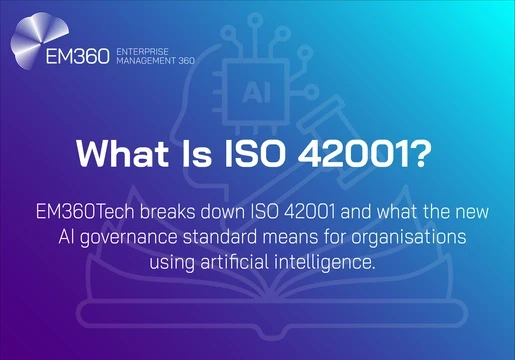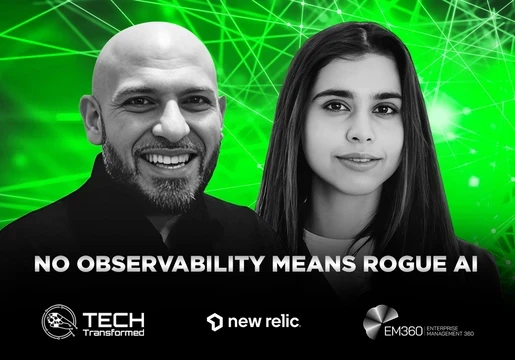Artificial intelligence (AI) allows companies to benefit from increased efficiencies and stronger customer relationships. In order to achieve this, however, implementing a scalable IoT platform is absolutely crucial.

The challenge
In order to be competitive in today's technological climate, industrial organisations need to make better-informed decisions. AI turns data into "useful insights that drive better business decisions."
Nevertheless, choosing and adopting an AI and IoT platform is not as simple as it seems. In fact, many companies make the "mistake of simply implementing technology tools instead of robust solutions that scale across their entire organisation."
In effect, this limits a company's ability to "drive meaningful outcomes" from their data. The most effective AI and IoT platforms therefore combine the "technology stack with pre-built applications and curated data."
A successful IoT platform allows enterprises to unlock the inherent value of their data. "By rapidly building and publishing applications that produce actionable insights", businesses can easily transition from "simply automating processes to accelerating decision-making at scale."
A successful IoT platform
First and foremost, machine learning and AI should form the foundation of a successful IoT platform. In fact, using a "data-science first approach" is crucial when it comes to guaranteeing successful business outcomes.
Industrial data preparation is incredibly complex and can consume up to 80% of the data science process. It is therefore integral that platforms automate this process so that teams can focus on their most important tasks.
A fully integrated stack is also key, as it delivers a "seamless end user experience" for both technical and non-technical users. Meanwhile, a platform should incorporate cloud and edge capabilities to address the common issues that arise with industrial data, such as remoteness of source.
It is also essential to ensure that a platform provider has considered how to integrate a company's current technology investments. Finally, IoT platforms should take advantage of curated content and data to enable users to "rapidly obtain an informed view for a given process, action and set of insights."
How is IoT-enabled asset tracking driving business innovation? Listen to our podcast with the owner of FreedomFire Communications, Michael Lemm, to find out







Comments ( 0 )